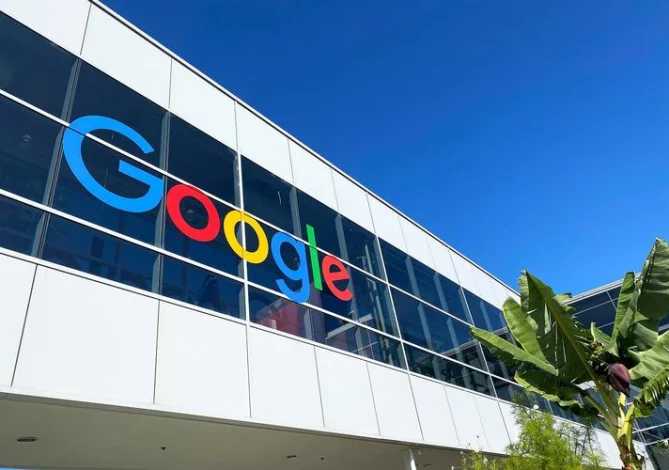The U.S. Department of Justice has ordered Google to sell its Chrome browser due to alleged monopolistic practices. Here’s a detailed breakdown of the reasons:
Market Monopolization
Dominance in Search Engines:
Google holds a significant position in the search engine market, and Chrome browser acts as a primary gateway for most users to access Google Search. Chrome commands around 61% market share in the U.S. and nearly two-thirds globally. By tightly integrating Chrome with its search engine, Google directs users to its own services, limiting opportunities for competitors to enter the market and further strengthening its dominance.
Exclusive Agreements Restricting Competition:
Google has long engaged in exclusive agreements, such as paying Apple billions of dollars annually to make Google Search the default option on Apple devices. Such practices are seen as stifling competition by excluding other search engines and reducing market diversity.
Advertising Market Monopoly
Precise Targeting and Control:
Chrome collects user behavior data, which Google uses to dominate the advertising market through targeted campaigns. This strategy intensifies pressure on competitors and reduces competition in the search and advertising markets. With Chrome’s widespread usage, Google maintains “privileged” control over the tools advertisers and publishers rely on for ad placement and sales.
Data Collection and Utilization:
Google gathers extensive data on user search and browsing behavior through Chrome. This gives the company an edge in understanding user preferences and delivering tailored ads, enabling it to capture a larger share of the advertising market and solidify its monopoly.
Hindering Fair Competition
Restricting Competitors:
Google leverages Chrome’s dominant position to limit the growth of rival search engines and related businesses. This makes it difficult for new players to gain user traffic and market share, hindering innovation and diversity in the industry.
Suppressing Innovation:
Without effective competition, Google lacks the incentive to innovate or improve service quality. This stagnation can harm technological advancement and innovation across the search and internet industries.
The DOJ’s Goal: Restore Fair Competition
To break Google’s monopoly, the U.S. Justice Department believes selling Chrome is a necessary step. The aim is to restore fair competition in the market, encourage innovation, and promote the healthy development of the search engine and digital advertising industries.
For more global insights, visit Daily Newspapers.








